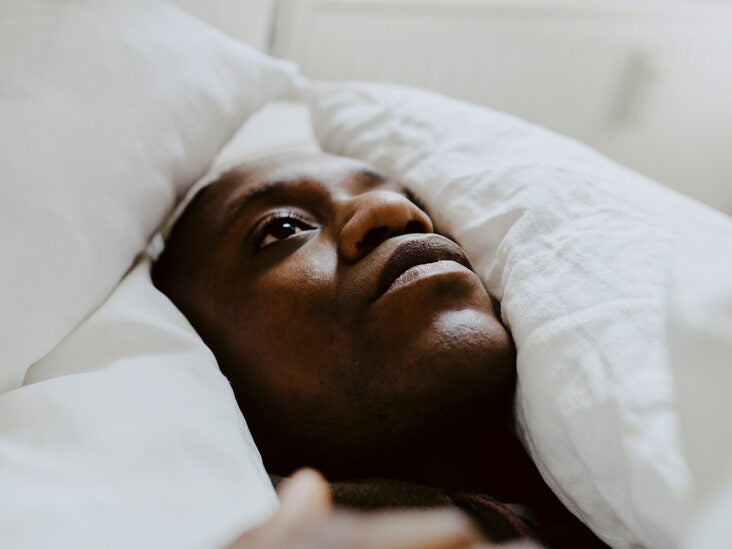
In recent years, “self-care” has become quite a buzzword that you’ve likely seen hash tag all over social media. But how can those people with migraine put self-care into practice?
If you’re living with migraine, you know how unpredictable each episode can be. Sometimes there’s no obvious trigger. In many cases, several factors combine to increase the risk of a migraine attack. Stress, muscle tension, too little or too much sleep, and certain foods or drinks are some known triggers.
When a migraine attack sets in, all you want is relief. For some people, taking migraine medication can help ease the pain, says Janine Good, MD, and associate professor of Neurology at the University of Maryland Medical Centre in Baltimore.
You might not be able to prevent every flare, but there are ways to take care of yourself and help reduce their frequency. Here’s how:
1. Eat something
Science has shown that eating several, small, healthy meals throughout the day can help keep migraines at bay, according to Seng. In fact, skipping meals is known to be a common migraine precipitant, a term Elizabeth Seng, Ph.D., assistant professor in the Albert Einstein College of Medicine at Yeshiva University prefers over “trigger” as this bad habit, as well as things such as stress and poor sleep, might precipitate a migraine but not necessarily cause one.
So she suggests you eat something shortly after a migraine attack (once nausea subsides, of course). While you’ll want to ease back in with mainly healthy, whole foods like fruits and veggies and lean protein to regain strength—especially if you dealt with vomiting— Elizabeth Seng encourages you to also just eat something that makes you happy.
2. Essential oils
Lavender essential oil may help relieve stress, anxiety, and headaches. A 2021 literature review found that there are 10 types of essential oil that contain components that could help ease migraine symptoms. These include lavender, peppermint, chamomile, and basil.
Some clinical trials appear to confirm these conclusions. A 2020 triple-blind trial with 144 participants found that the topical use of basil oil reduced the pain intensity and frequency of migraine episodes.
However, more clinical trials are necessary to better understand which essential oils work best, and how to use them.
It is important to note that some essential oils can be harmful to children, people who have asthma, or those who are pregnant or nursing. Please consult a doctor before using them.
3. Move
Aerobic exercise leads to a significant reduction in migraine frequency, intensity, and duration, according to a review of research on exercise and migraine prevention in a 2020 issue of Current Pain and Headache Reports.
Besides suppressing the release of inflammatory chemicals (such as cytokines) and stress hormones (like cortisol), exercise improves microvascular health and people’s sense of control, which may lead to fewer migraine attacks. Aim for at least 20 minutes of aerobic exercise a day, says Dr. Cowan, although doing less would still be helpful.
People with episodic migraine who engage in moderate to vigorous exercise at least three times a week have one and a half fewer headache days a month than those who exercise less frequently, according to a study in Headache in March 2021; the same amount of exercise was associated with five fewer headache days per month among those who take preventive medications for migraine.
4. Get some sleep
Lying down and taking a nap can be a good strategy when the first signs of a migraine appear. But getting a good night sleep every night is also an important way to take care of yourself and eliminate lack of sleep as a headache trigger. Create and stick to a consistent sleep schedule–yes, even on weekends and holidays. Make your bedroom a cool, dark sanctuary where you can really rest, too.
5. Drink water
Staying hydrated comes with a host of health benefits not to mention the boost it can give your skin. While the evidence regarding how hydration plays a role with migraines isn’t as robust as other factors (i.e. skipping meals), Elizabeth Seng says that survey data has shown that many migraine sufferers report feeling dehydrated at the onset of a migraine attack.
So make sure to continuously drink water throughout the day to maintain a healthy hydration level. Post migraine attack, reach for your water bottle to feel replenished after a battle with an upset stomach and pounding head. Seng recommends that her patients chug a whole bottle of water when they take any migraine medication, as it kills two birds with one stone.








